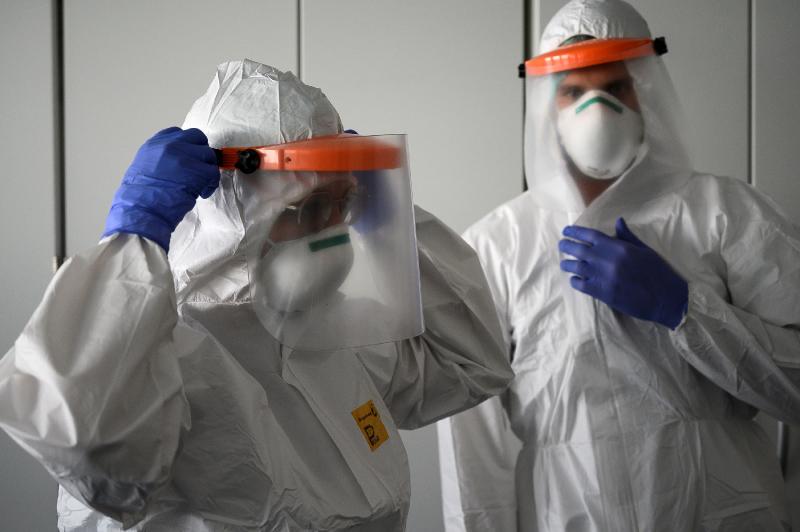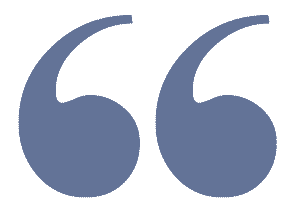COVID-19 Patients Can Carry Coronavirus after Symptoms Have Resolved and Could Infect Others, Say Scientists



By Kashmira Gander On 3/30/20 at 8:12 AM EDT Share Health Coronavirus World health organization Who China
COVID-19 patients whose symptoms have cleared can carry the new coronavirus for up to eight days, according to a small study, leading scientists to raise concerns these people could continue to infect others.
The researchers studied 16 COVID-19 patients from China who had experienced mild symptoms. They were released from the Treatment Center of PLA General Hospital in Beijing between January 28 and February 9, having tested negative for the new coronavirus at least twice. Half of the participants had the virus in their systems after their symptoms had gone. The findings were published in the American Journal of Respiratory and Critical Care Medicine.
The volunteers—11 of whom were men—included 10 who had visited the central Chinese city of Wuhan after the outbreak started there. Three had been in contact with an infected patient. A further two encountered people from Wuhan. It was unclear how one patient got infected. Their ages ranged from three to 68-years-old, and they were 35-years-old on average.
Related Stories FDA Says Hydroxychloroquine, Chloroquine Can Be Used to Treat Coronavirus COVID-19 May Cause Heart Problems in Those Who Had None Before Pregnant Women Passing Coronavirus on to Babies 'Cannot Be Ruled Out'
Of the total, 14 had a fever, 11 had a cough, 11 had pain in their pharynx (the part of the throat behind the nasal cavity and mouth) and two had shortness of breath.
The patients had a viral detection test when they arrived at hospital, and every other day until it came back negative. Patients were then asked to quarantine at home for two weeks, and to follow-up at the hospital to once again get tested for the new coronavirus. On average, the patients had a five day incubation period, and showed symptoms for around eight days.
Eight of the patients tested positive after they no longer appeared sick, at 2.5 days on average and ranging from one to eight days. The researchers said carrying the virus is a surrogate marker of the ability to pass it on.
Nurses put on protective equipment at a new Covid-19 Hospital on March 29, 2020 in Verduno, northwestern Italy. MARCO BERTORELLO/AFP via Getty Images
Lokesh Sharma, instructor of medicine in the Section of Pulmonary, Critical Care and Sleep at Yale School of Medicine, said in a statement: "The most significant finding from our study is that half of the patients kept shedding the virus even after resolution of their symptoms. On average, the patients tested positive for the virus two days after their symptoms resolved, ranging between one to eight days.
"More severe infections may have even longer shedding times."
Since the pandemic started in Wuhan late last year, over half a million people have tested positive for COVID-19 as shown in the Statista map below. According to Johns Hopkins University, more than 724,000 cases have been confirmed, over 34,000 people have died, and 152,300 plus have recovered.
The authors of the study believe the virus may be so contagious because of its ability to spread in patients who are not showing symptoms. They cite reports of recovered COVID-19 patients infecting those in close with them.
"This warrants us to investigate the 'shedding window' after the clinical recovery of the patient," they wrote.
A graphic provided by Statista shows the global spread of the new coronavirus as of early March 27. More than 570,000 people have been afflicted, nearly 130,000 of whom have recovered and nearly 26,000 of whom have died. Statista
However, the authors said the study was limited because of the small number of patients involved.
They also added: "It is important to note that all our patients were milder infections that recovered from the disease. However, it is currently unclear if there is a delayed viral clearance in the more vulnerable population such as those older or have immune deficiencies or are on immunosuppressive therapies."
In a statement, study co-author Lixin Xie, also from the Chinese PLA General Hospital, suggested people should think about self-isolating for longer: "If you had mild respiratory symptoms from COVID-19 and were staying at home so as not to infect people, extend your quarantine for another two weeks after recovery to ensure that you don't infect other people."
He also said more research is needed to investigate whether people who test positive for the new coronavirus can pass it on in the later stages of COVID-19 infection.
World Health Organization advice for avoiding spread of coronavirus disease (COVID-19)
Hygiene advice
Clean hands frequently with soap and water, or alcohol-based hand rub. Wash hands after coughing or sneezing; when caring for the sick; before, during and after food preparation; before eating; after using the toilet; when hands are visibly dirty; and after handling animals or waste. Maintain at least 1 meter (3 feet) distance from anyone who is coughing or sneezing. Avoid touching your hands, nose and mouth. Do not spit in public. Cover your mouth and nose with a tissue or bent elbow when coughing or sneezing. Discard the tissue immediately and clean your hands.
Medical advice
Avoid close contact with others if you have any symptoms. Stay at home if you feel unwell, even with mild symptoms such as headache and runny nose, to avoid potential spread of the disease to medical facilities and other people. If you develop serious symptoms (fever, cough, difficulty breathing) seek medical care early and contact local health authorities in advance. Note any recent contact with others and travel details to provide to authorities who can trace and prevent spread of the disease. Stay up to date on COVID-19 developments issued by health authorities and follow their guidance.
Mask and glove usage
Healthy individuals only need to wear a mask if taking care of a sick person. Wear a mask if you are coughing or sneezing. Masks are effective when used in combination with frequent hand cleaning. Do not touch the mask while wearing it. Clean hands if you touch the mask. Learn how to properly put on, remove and dispose of masks. Clean hands after disposing of the mask. Do not reuse single-use masks. Regularly washing bare hands is more effective against catching COVID-19 than wearing rubber gloves. The COVID-19 virus can still be picked up on rubber gloves and transmitted by touching your face. Request Reprint & Licensing, Submit Correction or view Editorial Guidelines COVID-19 Patients Can Carry Coronavirus after Symptoms Have Resolved and Could Infect Others, Say Scientists | Health Choose a Membership That's Perfect for You!
Print & Digital
Weekly magazine, delivered
Daily Newsletter
Website access
Subscribe
Print Only
Weekly magazine, delivered
Daily Newsletter
Website access
Subscribe
Digital Only
Free access to 40+ digital editions
Website access
Daily Newsletter
Subscribe
© 2020 Newsweek
Editions:U.S. Edition 日本 Pakistan Polska România About Us Corrections Contact Us Editorial Guidelines Advertise Copyright Terms & Conditions Privacy Policy Cookie Policy Terms of Sale Archive Announcements Consent preferences
